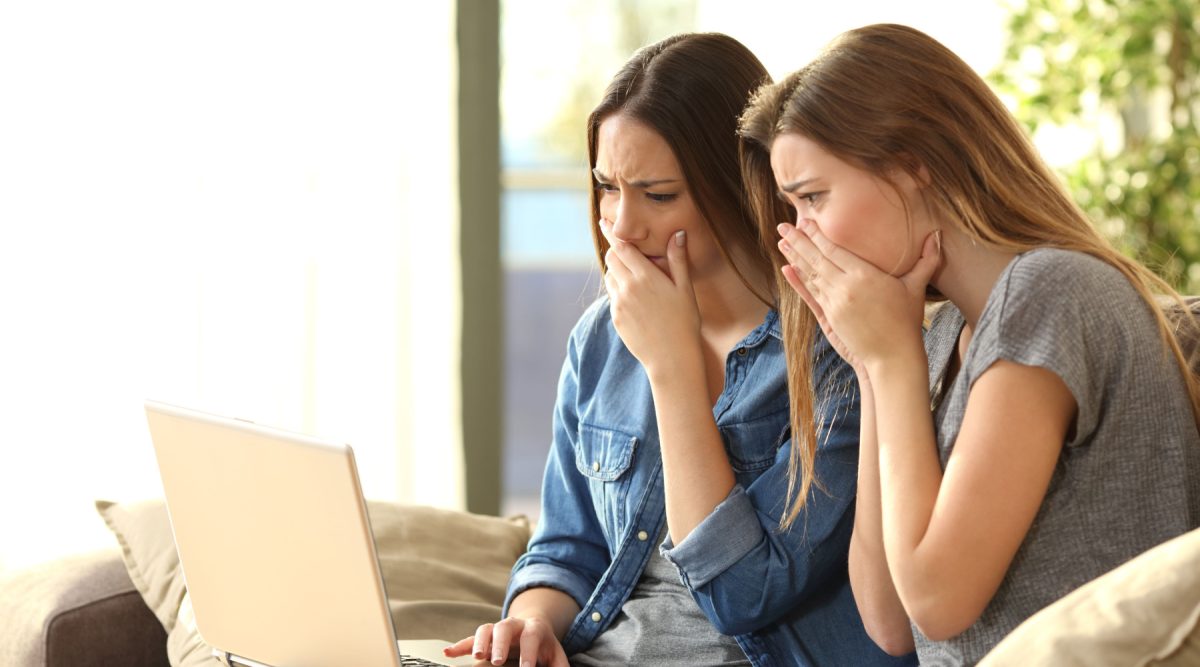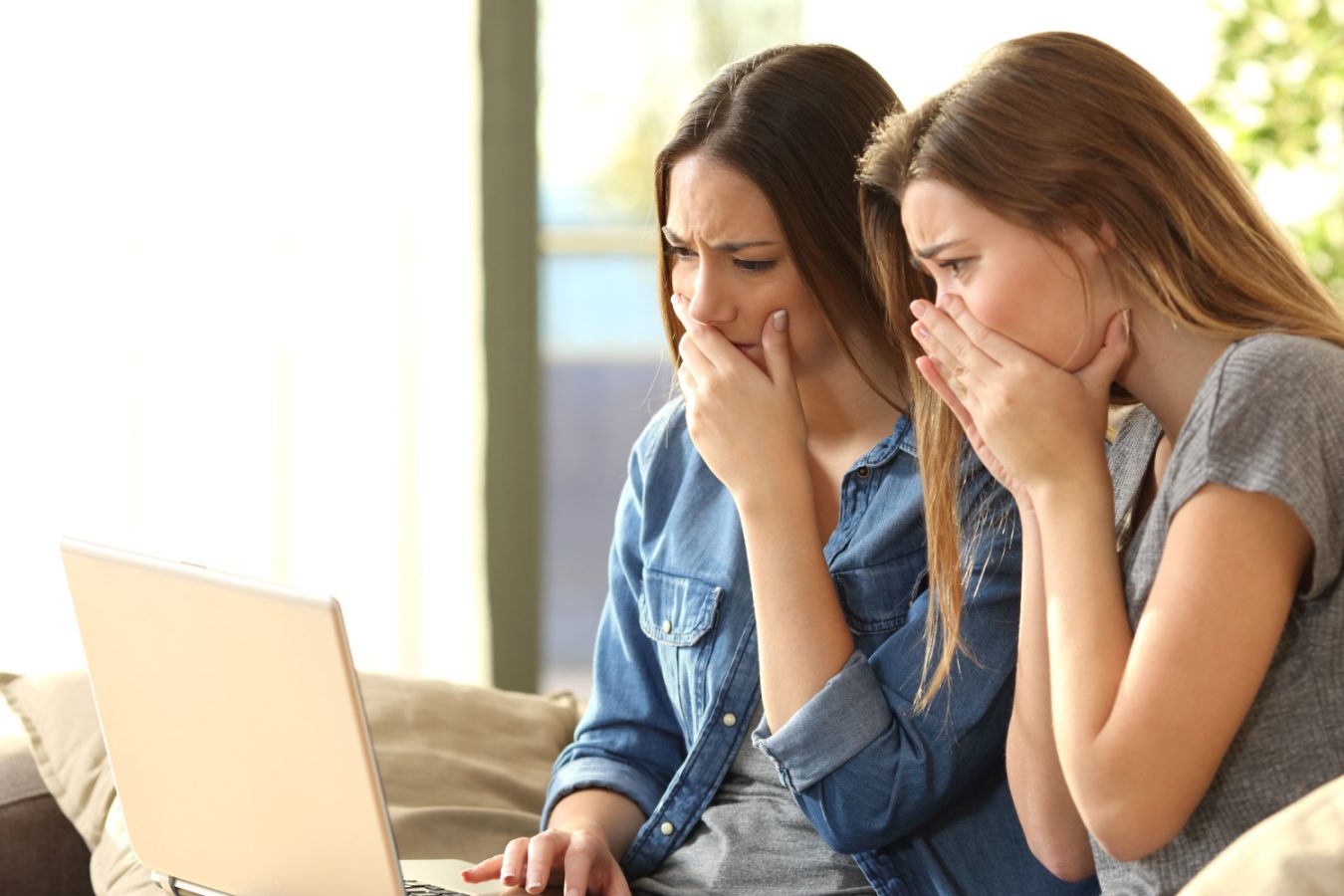
Your child might have seen traumatic news coverage on television or social media, or they may have heard about it from friends. Here, psychologists share how parents can discuss such events with their children.
In the space of three days, there have been two devastating knife attacks in Sydney. Your child may have seen these on the news or social media. Or they might be hearing about it from friends or at school.
How can parents help children and teenagers process this news and ensure they feel safe in their community?
Follow your child’s lead
All children are different. Some are naturally more anxious or sensitive. Some will take a greater interest in the news. Rather than just thinking about your child’s age, you can be guided by your child’s level of interest and knowledge about recent events.
Kids are often better able to cope with hearing difficult or distressing news than we might give them credit for.
Talking about events helps children understand what happened and gives us a chance to reassure them. This doesn’t mean you need to go into a lot of detail. In fact, a calm, simple, factual answer is best.
If your young child has heard news about the Bondi Junction attack, you might say:
That man was unwell in his mind. He hurt other people but he was stopped by police. Most people struggling with feeling or thinking problems get help and never hurt anyone.
You don’t need to give vivid details or discuss anything beyond the question our child asked.
Support all emotions
If your child is upset or anxious about what has happened, it’s important to notice, listen to and acknowledge their emotions.
You can also empathise with your child – what has happened is awful and scary. Their response is perfectly natural.
Parents can sometimes think they should not give children’s fears or anxieties any space, in case they become worse. Dismissing them (‘don’t think about it!’) seems like an easy way to make a problem go away. But emotions are tricky and the opposite is actually true.
When we allow emotions to be freely expressed, we help children understand the situation and to process and move through their emotions.

Talk about how rare these events are
It’s also important to introduce some facts into the conversation.
Even though we have had two events in quick succession, such attacks are extremely rare in Australia (in fact, that’s why they make the news in such a significant way).
You can also tell your child there are strict laws against people hurting other people, and there are lots of services to help. We see the police and hospitals responding and helping when bad things happen. We also see every day people in the community coming together to help and support one another.
Our own reaction matters
Parents are role models for their children. In times of stress, children look to parents to understand what’s happened, what the risk is and how they should respond.
If parents are really emotional and show they are upset, fearful, or anxious, it can be scary or unsettling for children, as it suggests the situation is out of control.
It helps if we read the news and process our own emotions away from young children.
With older children, it’s possible to discuss our shared feelings of grief, sadness and horror. But it’s still important for parents to be calm, so we demonstrate everything is okay.
Continue normal routines
Sticking to familiar daily routines helps us and our children feel safe. This is because it’s reassuring for children to see life continuing unchanged.
So it’s important to head back to the shops, or to places of worship, just as you normally would.
If your child expresses concerns, listen to them, empathise, reassure them what happened was extremely rare, and quietly continue on with daily life.
Other activities are also great for helping your child feel safe. This includes getting outside, getting active, and having fun time together, playing, being light-hearted and silly. All these things help our bodies relax.
About the authors
Elizabeth Westrupp is an Associate Professor in Psychology at Deakin University and is a registered child clinical psychologist.
Tomer Berkowitz is a PhD Candidate at Deakin University.
This article appeared on The Conversation, and is republished here under the terms of the Creative Commons licence. You can read the original.
Like this post? Please share using the buttons on this page.
Stay up to date with our newsletter hereAdditional support
Kids Helpline: 1800 551 800
Lifeline (24-hour crisis line): 13 11 14


